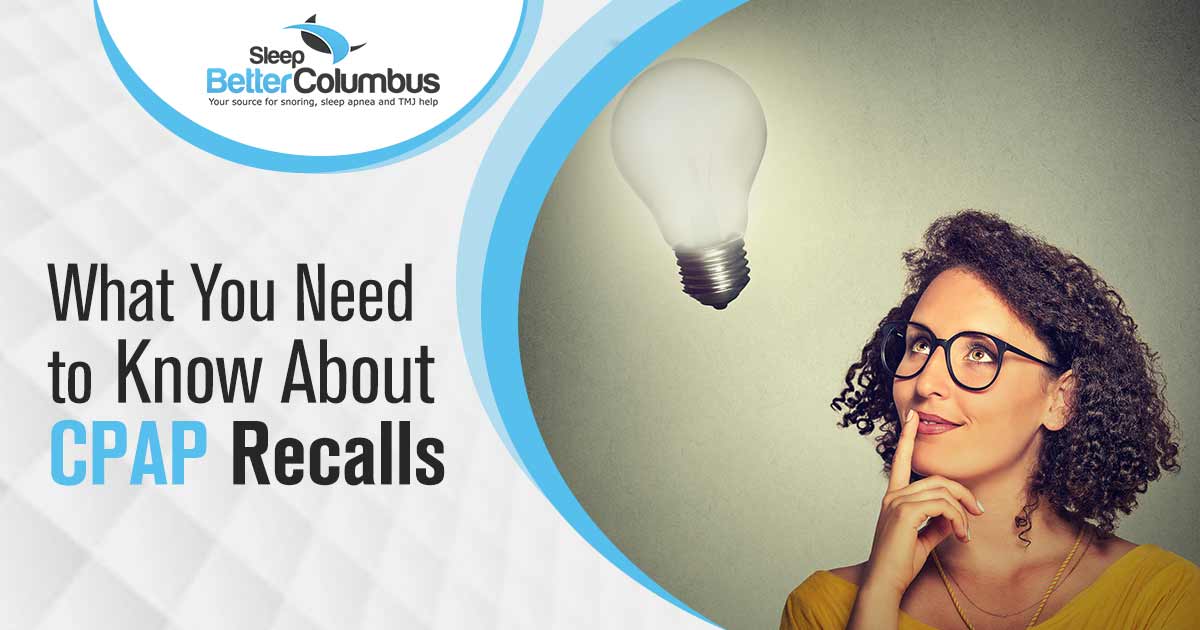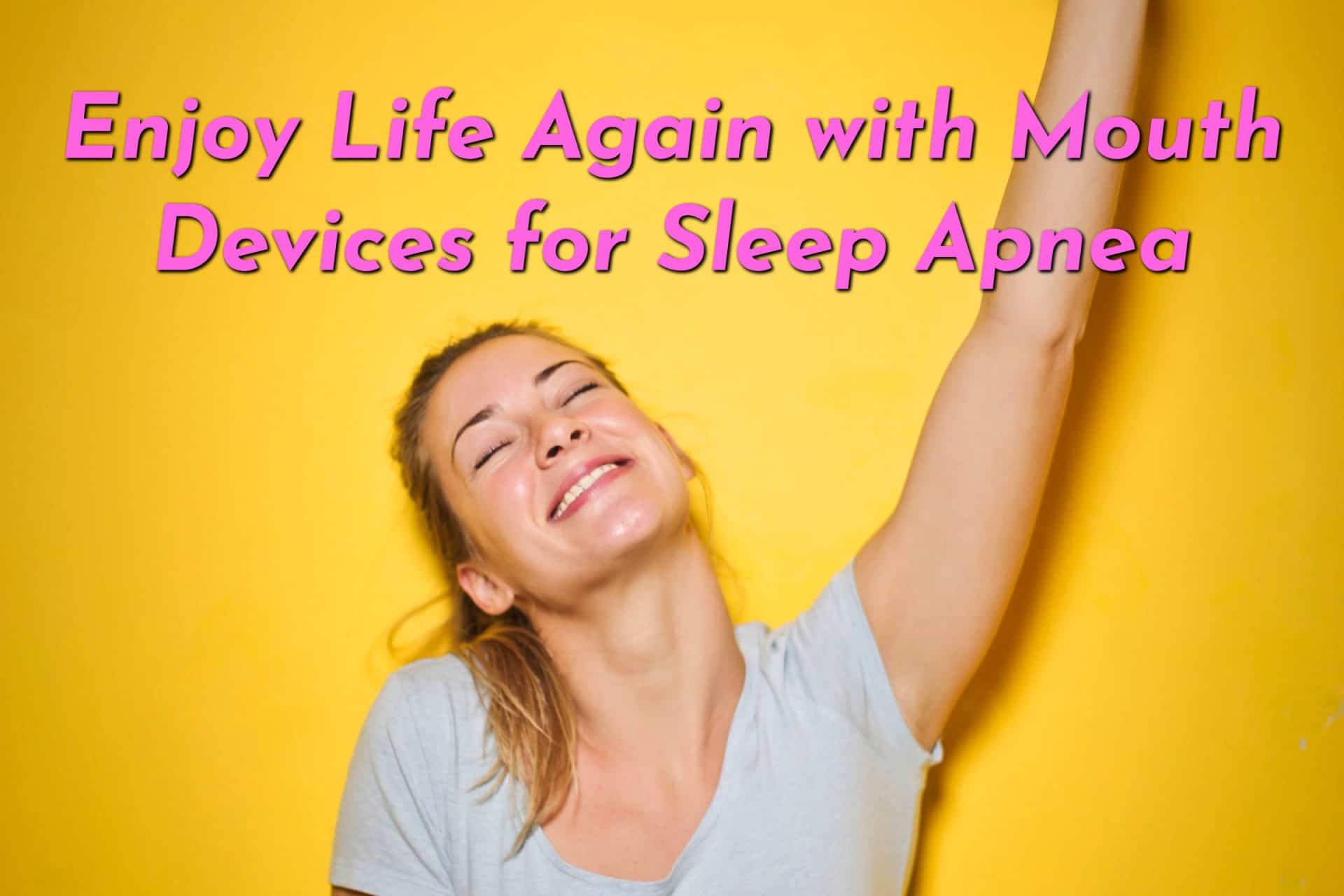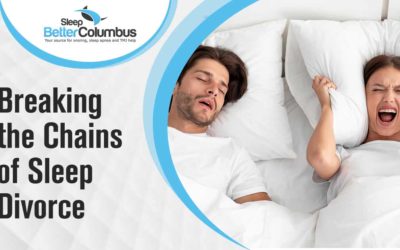Millions of people have sleep apnea and use devices like continuous positive airway (CPAP) machines, bilevel positive airway pressure (BiPAP) machines, ventilators, or oral appliances to treat their sleep apnea. When you rely on a device to help you breathe, it is highly concerning when it is recalled.
Recall of Philips Respironics Products in 2021
In June 2021, Philips voluntarily recalled many of its Respironics products used to treat sleep apnea. The recall included CPAP machines, BiPAP machines, and ventilators. These devices were recalled because of an issue with the sound-dampening foam inside them.
The Philips recall affected millions of sleep apnea patients, including many who used CPAP machines, BiPAP machines, or ventilators to treat their sleep apnea between 2009 and 2021. While Philips now uses a different sound-dampening foam in their Respironics products, their sleep apnea devices continue to be scrutinized and cause health concerns.
Philips Devices That Were Recalled
Philips recalled several continuous positive airway (CPAP) machines, bilevel positive airway pressure (BiPAP) machines, and ventilators between 2009 and April 26, 2021. Recalled devices include:
- A-Series BiPAP A30
- A-Series BiPAP A40 (ventilator)
- A-Series BiPAP Hybrid A30
- A-Series BiPAP V30 Auto (ventilator)
- C-Series ASV (ventilator)
- C-Series S/T and AVAPS
- DreamStation
- DreamStation ASV
- DreamStation Go
- DreamStation ST, AVAPS
- Dorma 400
- Dorma 500
- E30
- Garbin Plus, Aeris, LifeVent (ventilator)
- OmniLab Advanced+
- REMstar SE Auto
- SystemOne ASV4
- SystemOne (Q-Series)
- Trilogy 100 (ventilator)
- Trilogy 200 (ventilator)
Additionally, Philips recalled specific models of Trilogy Evo ventilators distributed from April 15, 2021, to May 24, 2021, with specific serial numbers.
Why Were Philips Sleep Apnea Devices Recalled?
The recalled Philips Respironics continuous positive airway (CPAP) machines, bilevel positive airway pressure (BiPAP) machines, and ventilators all had polyester-based polyurethane (PE-PUR) foam inside them. This foam was used to reduce any noise and vibrations the machines generated.
Over time, the sound-dampening foam inside of the machines was likely to break down—mainly when sterilized with an ozone cleaner or exposed to heat and humidity—and release toxic chemicals and tiny particles that could travel through the air tubes of the sleep apnea devices and into sleep apnea patients’ lungs. Users of these devices have reported finding sticky residues or black dust inside their sleep apnea machines’ tubes, filters, and chambers.
Possible Health Risks Sleep Apnea Patients Can Experience from Recalled Devices
The toxic chemical vapors and small particles released by disintegrating PE-PUR foam inside Philips Respironics CPAPs, BiPAPs, and ventilators can harm sleep apnea patients. Documented health effects experienced by sleep apnea patients who used these devices to treat their sleep apnea include:
- Asthma
- Cancer of the sinuses, throat, esophagus, kidney, and liver
- Chronic headaches
- Coughing
- Dizziness
- Nausea and vomiting
- Sinus congestion
- Skin, nose, and eye irritation
- Sore throat
Are There Effective CPAP Alternatives for Sleep Apnea Treatment?
You have options if you no longer feel comfortable using a CPAP, BiPAP, or ventilator from Philips or any other company after the recall.
Oral appliance therapy is an effective sleep apnea treatment for many people who have sleep apnea. An oral appliance is a specially fitted device custom-made by a dentist trained in sleep medicine. An oral appliance’s primary purpose is to keep the airway open during sleep so the normal airflow during breathing isn’t blocked.
Mandibular advancement devices (MADs) and tongue-retaining devices (TRDs) are two commonly used oral appliances for sleep apnea treatment. MADs keep your airway unobstructed by moving your jaw forward, and TRDs keep your tongue from sliding to the back of your mouth and blocking your airway.
A qualified dentist trained in dental sleep medicine will choose the right oral appliance for you based on factors such as mouth size and degree of snoring and create a custom-fitted appliance. Oral appliances are comfortable, relatively nonintrusive, and easily portable, and they can be appealing CPAP alternatives that make it easier for people to be compliant with their sleep apnea treatment.
Benefits of Oral Appliance Therapy Over a CPAP, BiPAP, or Ventilator to Treat Sleep Apnea
Oral appliances offer an effective treatment option for people with sleep apnea who no longer feel comfortable using their CPAP, BiPAP, or ventilator after the Philips recall or have concerns about potential health and safety risks.
Benefits of oral appliances include:
- more comfortable and easier to use than a CPAP, BiPAP, or ventilator
- doesn’t require electricity to work
- easy to take care of and keep clean
- improves symptoms of OSA like focus issues and daytime sleepiness
- more cost-effective than other treatments
- no loud noise
- portable and more accessible to take when traveling
- reduces or eliminates snoring
Sleep Apnea Specialists in Columbus, Ohio
Sleep apnea is a severe condition, and the sleep apnea specialists at Sleep Better Columbus can help.
Sleep Better Columbus is committed to providing compassionate care for all patients and helping each patient find the best sleep apnea treatment for them.
Sleep Better Columbus’s sleep apnea therapy solution is simple and comfortable, helping those with sleep-disordered breathing sleep better quickly. Their specially designed mouthpieces are an effective and comfortable sleep apnea treatment alternative for those who no longer feel safe or comfortable using a CPAP, BiPAP, or ventilator after the Philips Respironics recall.




